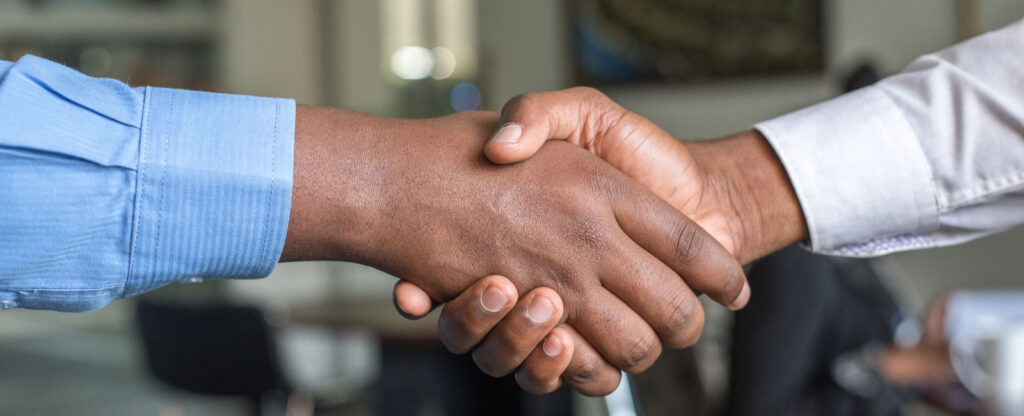A Barbados-based startup’s clean energy project has attracted government backing, private sector support, collaboration from the academic community, and financial investment from the international community.
Rum & Sargassum Inc. produces affordable, fossil-fuel free, renewable compressed natural gas to power motor vehicles, using low-cost locally sourced organic inputs including rum industry wastewater, Sargassum seaweed and Barbados Blackbelly sheep manure.
Its latest project, which runs for 18 months, has two deliverables: setting up the country’s first biofuel service station, and developing a mobile app to help predict Sargassum seaweed biomass influx patterns into the island’s exclusive economic zone.
“We come together to mark the launch of the SarGASsum project which incorporates two remarkable initiatives aimed at addressing critical environmental challenges: the Sargassum biomass prediction app and the strategic exploration of the use of harvested Sargassum via a renewable energy pilot biogas station,” said Dr. Legena Henry, the company’s CEO and Founder, who also lectures in renewable energy at The University of the West Indies (UWI), Cave Hill Campus in Barbados.
The company is a spinoff startup from research results generated in the university’s Renewable Energy Development Laboratory, in part through the ingenuity and hard work of her students, among them Dr. Nikolai Holder, Felicia Cox, Brittney McKenzie, Aria Goodridge and Shamika Spencer.
“We are fortunate to have the support and expertise of passionate individuals, environmental experts, and technological pioneers who have come together to make these endeavors possible,” Henry said.
“I want to commend the leaders of this project and pledge the full support of the Government of Barbados and the Ministry of Energy and Business,” said Lisa Cummins, Barbados Minister of Energy and Business, who delivered the keynote address.
“The word that came out of our mouth when we heard about this project was, ‘Finally!’” said James Browne, CEO of the Barbados National Oil Company.
“BNOC was happy to have the opportunity to work on a biogas project,” he added.
The Rum & Sargassum project is funded in part by a €300,000 research grant received in April from the Harnessing Innovative Technologies to Support Resilient Settlements on the Coastal Zones of the Caribbean initiative, more commonly known as HIT RESET Caribbean, which is being executed by UWI, and co-applicants, Caribbean Disaster and Emergency Management and Anton de Kom University of Suriname.
““The Rum & Sargassum project is also driven by the need to respond to the existential threats facing our region, from changing conditions around the world. Sargassum is a threat to our tourism industry but also an opportunity, if we are innovative in the way that we respond, to further our economic resilience,” said Dr. Graham King, UWI HIT RESET Caribbean Team Lead and Director of the UWI St Augustine Centre for Innovation & Entrepreneurship.
“We are proud to have contributed to this project through grant funding from the European Union, via the Organisation of African, Pacific and Caribbean States and HIT RESET Caribbean initiative,” said Luca Trinchieri, Team Lead of the Green Deal Partnership in the delegation of the European Union to Barbados, the Organization of Eastern Caribbean States, the Caribbean Community and The Forum of the Caribbean Group of African, Caribbean and Pacific States (CARIFORUM).
“We are very much engaged into looking at how we can support the region in tackling this issue that affects the region in its entirety. We are very happy to see that solutions come from research and innovation from private sector as the driver for change. We congratulate very much this initiative,” he added.


